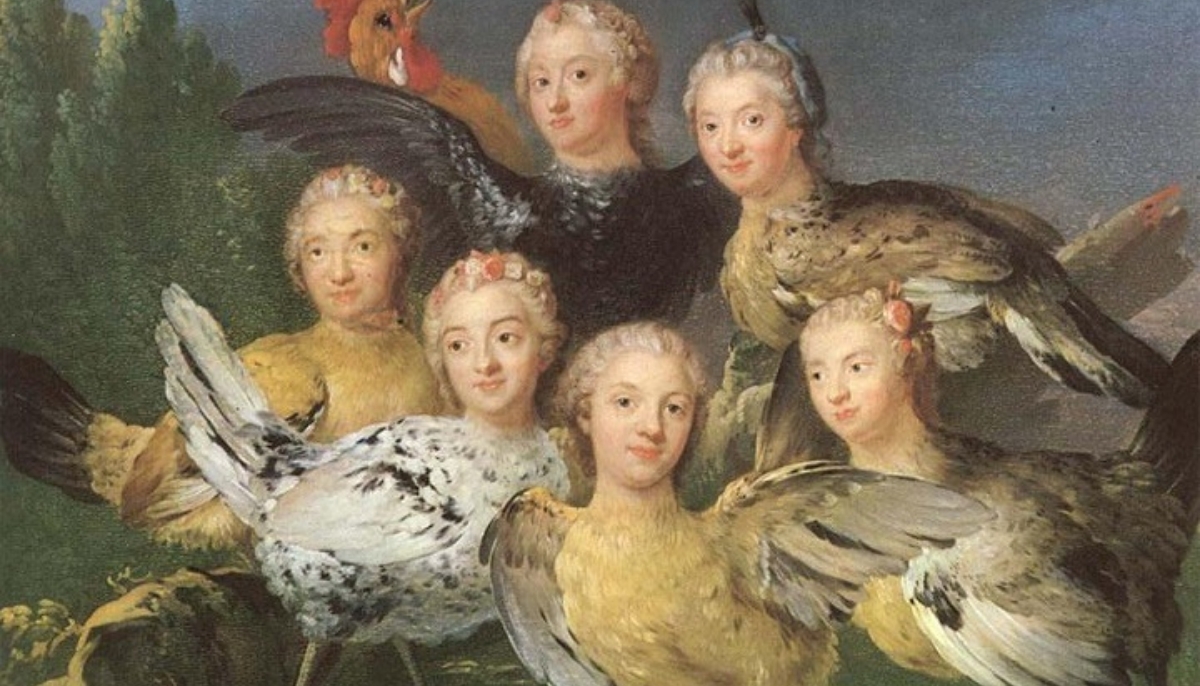Was Julius Caesar a good leader? His record of military conquests and administrative reforms profoundly influenced the Roman Republic. Caesar’s leadership was marked by audacity, strategic insight, and a knack for broadening Roman dominion.
In highlighting his top 16 achievements, we delve into the actions that set Caesar apart as a paramount figure in Roman history. This exploration showcases the skills that made him an exceptional leader and reflects on how his legacy continues to impact the narrative of the empire and the global stage.
1. Survived Sulla’s proscriptions
In his youth, Julius Caesar faced the dire threat of Lucius Cornelius Sulla, Rome’s dictator, who led a campaign of proscriptions against his enemies. Despite his precarious position, Caesar managed to survive this dangerous period.
His ability to navigate such a treacherous political landscape without pushing his luck too far, too soon, was a testament to his strategic patience and foresight. This early experience laid the groundwork for his future successes.
2. Awarded the Laurel Wreath Civic Crown
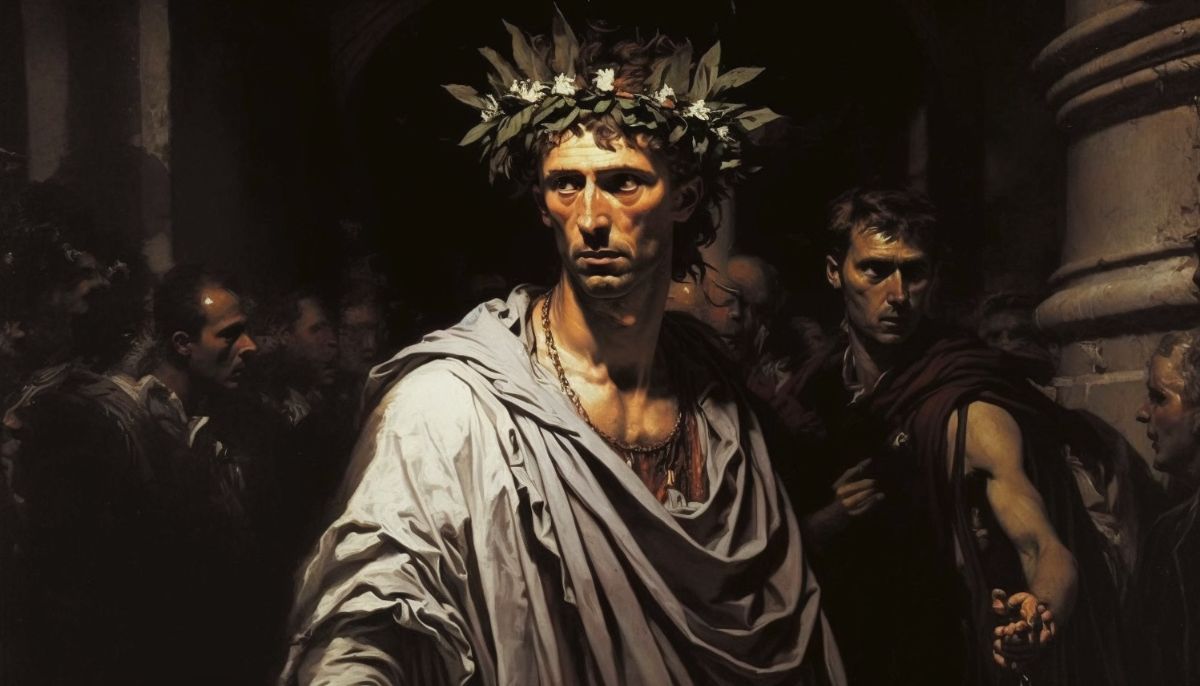
During the siege of Mytilene, Julius Caesar earned the Civic Crown, a prestigious military decoration made from a laurel wreath, awarded for saving the life of a fellow Roman in battle. This honor was not only significant but also rare, highlighting the exceptional bravery and selflessness required to receive it.
Importantly, he strategically utilized this accolade as a political tool throughout his life, wearing the crown to symbolize his heroism and virtue, further bolstering his image and appeal among the Roman populace and elite.
3. Survived being captured by pirates, returned to crucify them
One of Caesar’s most legendary exploits occurred when pirates captured him. Despite the peril, his response was extraordinary: he was insulted by the ransom amount they demanded for his release, suggesting it was too low for someone of his stature, and convinced them to ask for more.
Caesar also chillingly promised the pirates he would return to capture and crucify them, a promise he fulfilled after his release.
4. Formed the first triumvirate
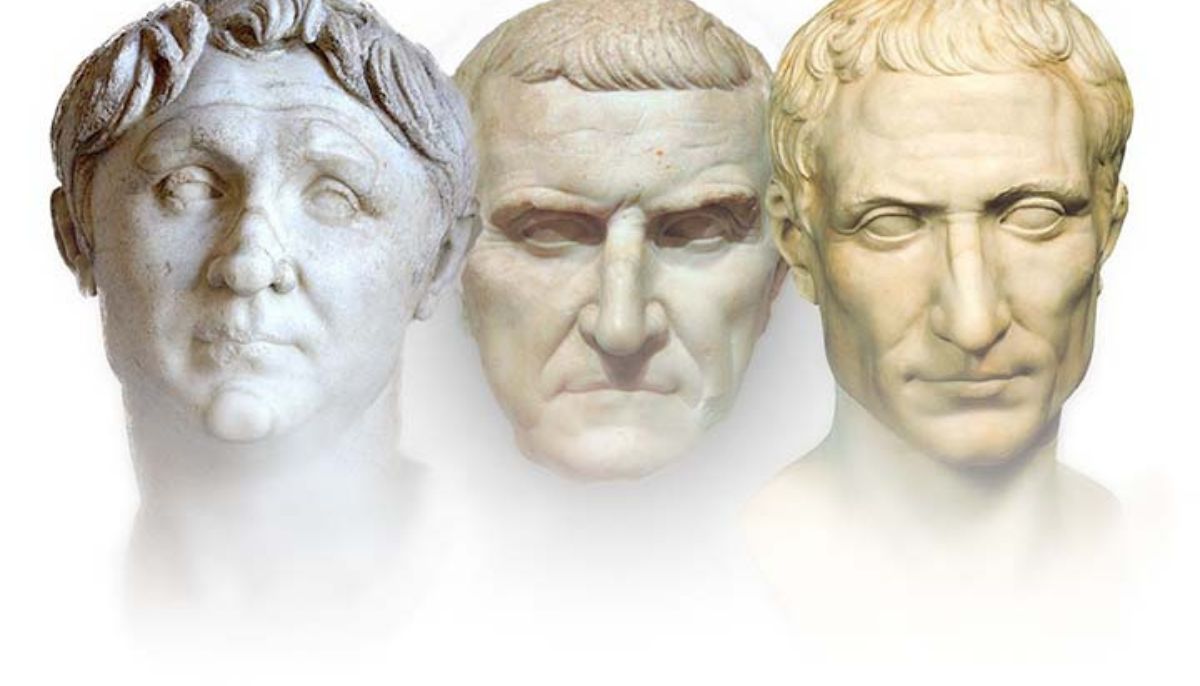
Caesar’s formation of the First Triumvirate with Pompey and Crassus highlights his unparalleled political skill. Remarkably, Crassus and Pompey were not allies, yet Caesar managed to act as the binding force between them. As the most junior member of the trio, his role was pivotal in maintaining the unity of this powerful alliance.
This strategic alliance was essential for boosting Caesar’s standing and setting the stage for his future supremacy in Roman politics. His ability to navigate and reconcile the interests of these powerful figures, despite their differences, underscores his mastery in creating and sustaining influential partnerships.
5. conquest of Gaul
Caesar’s greatest military achievement was undoubtedly the conquest of Gaul. This vast territory, comparable in military strength to Rome at the time, posed a formidable challenge.
Yet, Caesar’s strategic use of divide-and-conquer tactics made Gaul one of Rome’s strongest and most loyal provinces. This conquest expanded Rome’s borders and demonstrated Caesar’s military genius and ability to achieve the impossible.
6. Battle of Alesia
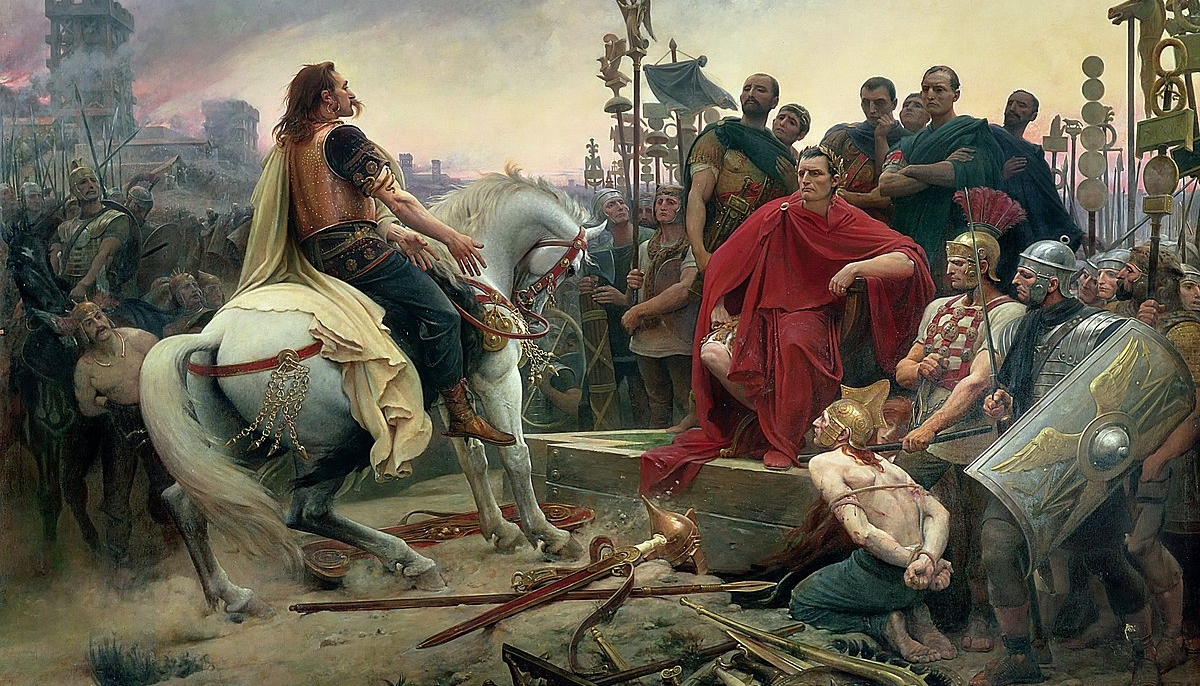
The Battle of Alesia is a pivotal moment in Caesar’s military career. He ingeniously encircled the Gallic leader Vercingetorix and his forces in a hill fort, constructing a wall to besiege them.
When Gaul’s reinforcements arrived, Caesar’s troops built a second wall to enclose themselves, creating a double fortification. This strategic brilliance resulted in Vercingetorix’s surrender after a series of intense battles, showcasing Caesar’s calm under pressure and tactical mastery.
7. invasion of Britain
Caesar’s invasion of Britain, while not a full-scale conquest, was a powerful political statement, demonstrating the extent of Rome’s influence.
The Romans viewed Britain as a mystical, distant land. Caesar’s expeditions there boosted his political standing significantly, reinforcing his image as a leader capable of extending Rome’s reach to the edges of the known world.
8. Crossed the rubicon
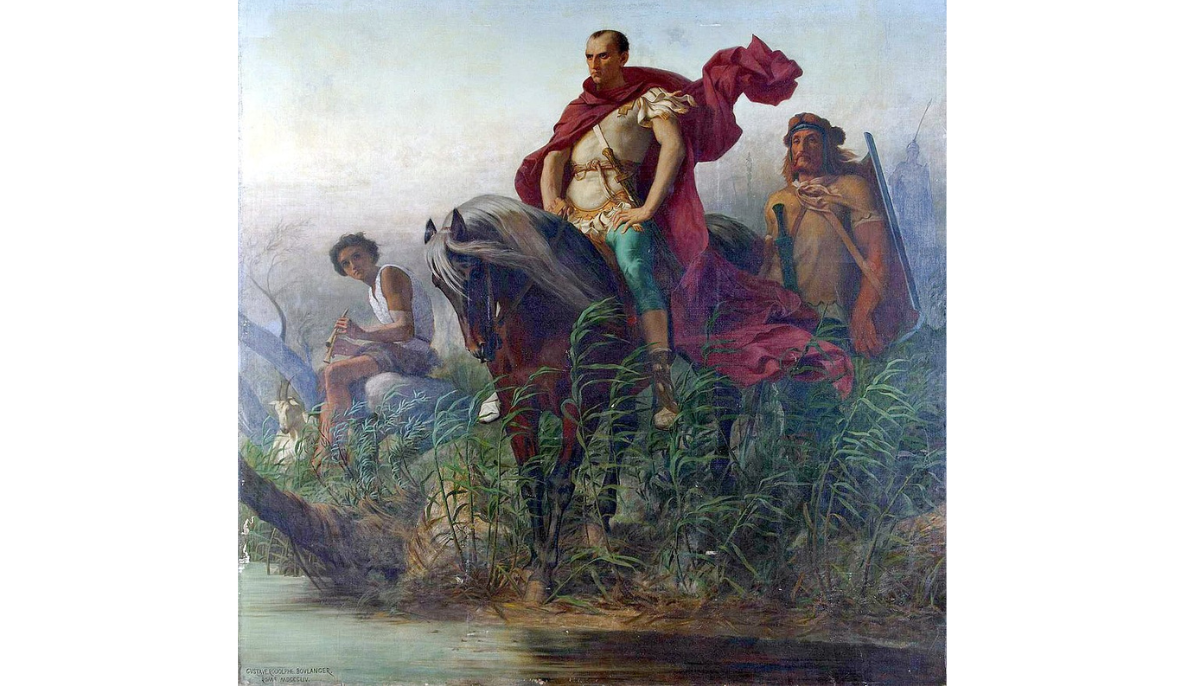
Crossing the Rubicon was a daring move that marked a point of no return for Caesar. Aware of the potential consequences, he chose to act decisively against the corruption plaguing the late Republic.
This action signaled his readiness to confront Rome’s elite for the greater good, underlining his commitment to change and his willingness to risk everything for the future of Rome.
It was a bold step that underscored his understanding of what was necessary to save Rome from potential collapse.
9. victory over Pompey in the civil war
Caesar’s triumph over Pompey, one of Rome’s most celebrated generals, during the Civil War is a testament to his military genius. Facing off against Roman legions led by Pompey, Caesar showcased his superior strategic and tactical abilities.
This victory, combined with his success in Gaul, solidified his reputation as a commander capable of overcoming any adversary, regardless of their prowess or the loyalty of their troops.
10. defeat over Pharnaces – Veni, Vidi, Vici
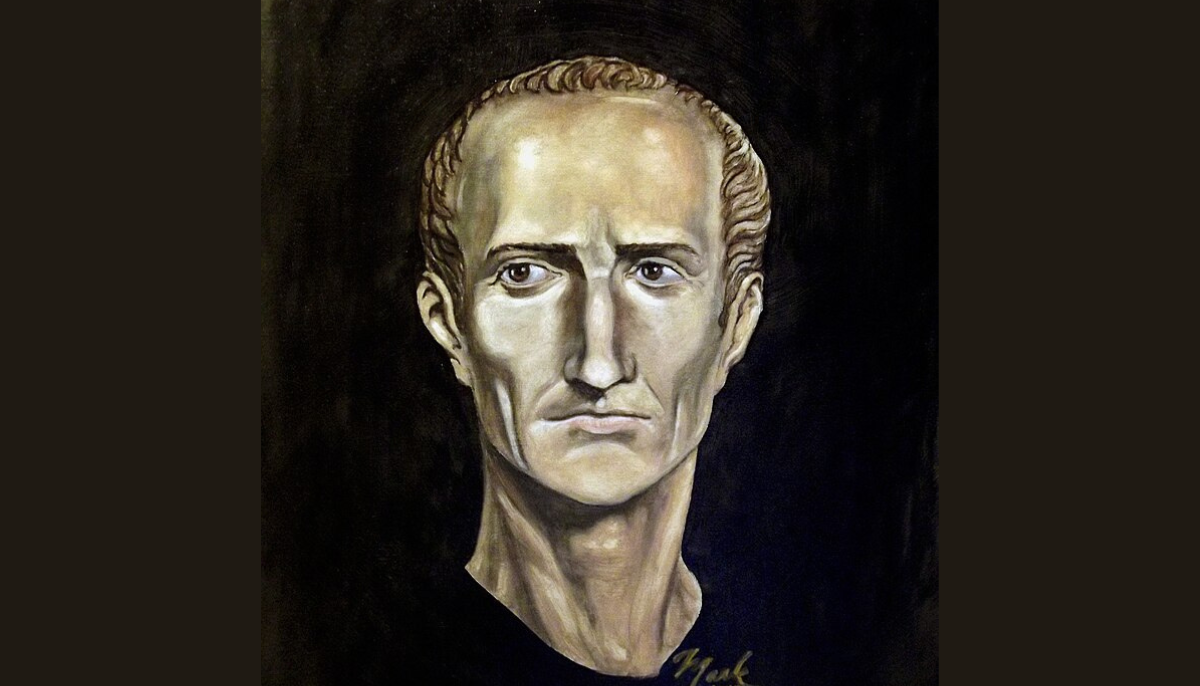
Caesar’s defeat of Pharnaces in Anatolia was so swift and decisive that it led him to coin the legendary phrase “Veni, Vidi, Vici” (I came, I saw, I conquered).”
This victory showed the ease with which Caesar could dispatch his enemies at this point, further elevating his military legacy. This was Rome at its military peak.
11. final victory in the Civil War
Even after Pompey’s death, Caesar faced continued resistance from remnants of the opposition. He methodically quelled these forces in the battles of Thapsus and Munda.
These victories marked the end of significant opposition and cemented Caesar’s position as the undisputed ruler of the Roman world.
12. Clemency shown to his enemies
Following his victory in the Civil War, Caesar famously offered clemency to his enemies instead of pursuing a path of vengeance.
This approach was in stark contrast to Sulla’s proscriptions and showcased a different kind of strength. Caesar’s choice to forgive those who opposed him helped stabilize Rome after years of conflict and demonstrated his understanding of power dynamics and the importance of reconciliation in governance.
This act of clemency has been remembered as one of his most commendable actions, highlighting his unique approach to leadership and governance.
13. Rebuilt Capua, Carthage and Corinth
Caesar’s vision extended beyond the battlefield to the revitalization of Rome’s infrastructure and heritage.
By 59 BCE, he had already initiated the restoration of Capua and rebuilt the ancient cities of Carthage and Corinth, previously razed by Roman predecessors.
These actions were part of a broader strategy to resettle his discharged soldiers and address the needs of Rome’s urban proletariat, demonstrating his commitment to Rome’s prosperity and legacy.
14. Expanded Roman Citizenship
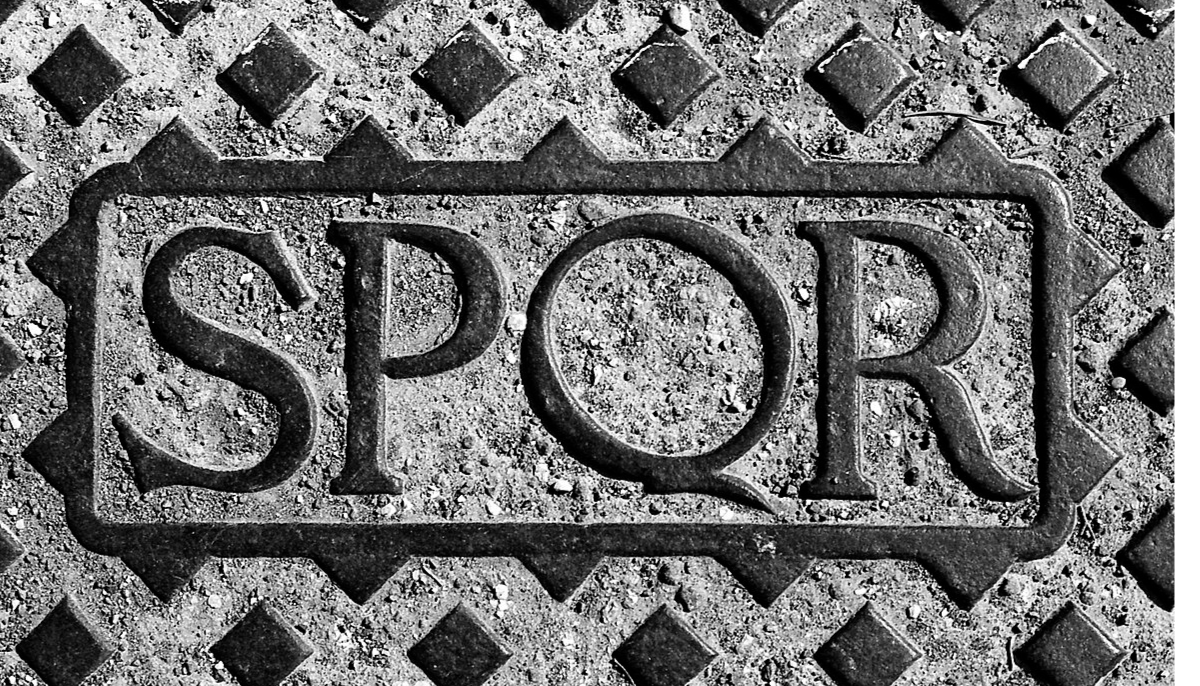
Caesar’s reforms included a generous expansion of Roman citizenship, notably to all of Cisalpine Gaul north of the Po River in 49 BCE.
He also increased the size of the Senate and diversified its representation, ensuring it more accurately reflected the broader Roman citizenry.
15. introduction of the Julian calendar
The introduction of the Julian calendar was a pivotal reform that addressed the inaccuracies and manipulations of the previous calendar system, which Roman priests controlled. The Julian Calendar is one of Rome’s greatest inventions.
By establishing a more reliable and scientifically accurate method of timekeeping, Caesar rectified years of mismanagement and laid the groundwork for the Gregorian calendar, which is still in use today.
16. Named Augustus As his Heir
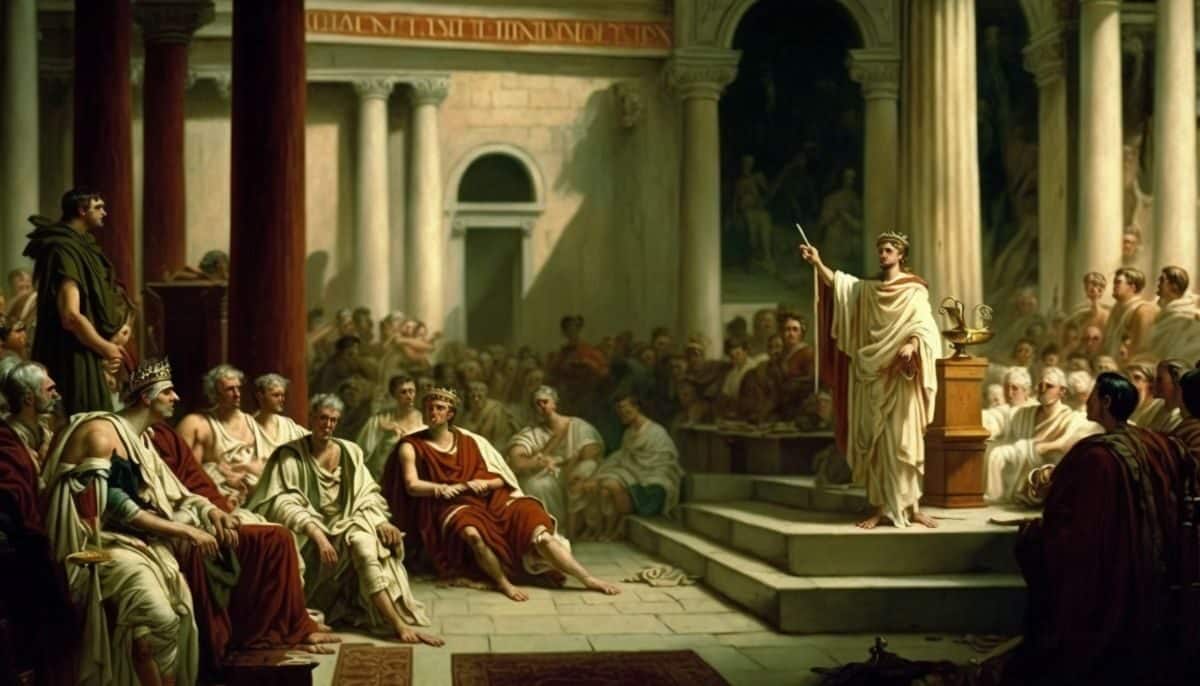
Naming Augustus as his heir stands out among Caesar’s achievements. Augustus, who was not a prominent figure during Caesar’s life and lacked a military background, inherited Caesar’s vast estate.
This decision could have been seen as risky, yet it proved visionary. Augustus established the Roman Empire, which endured for nearly 1,400 years and is celebrated as Rome’s greatest emperor. Caesar’s foresight in choosing Augustus as his successor secured his legacy and the future of Rome itself.
From his audacious conquests to profound reforms, Caesar reshaped Rome in ways that would influence the course of Western civilization.
Exploring hypothetical scenarios, such as what might have happened if Caesar hadn’t met his untimely death, offers intriguing insights into how Rome’s trajectory could have differed.
His story is a testament to the power of leadership, vision, and the enduring influence of one man’s ambition on the world.





